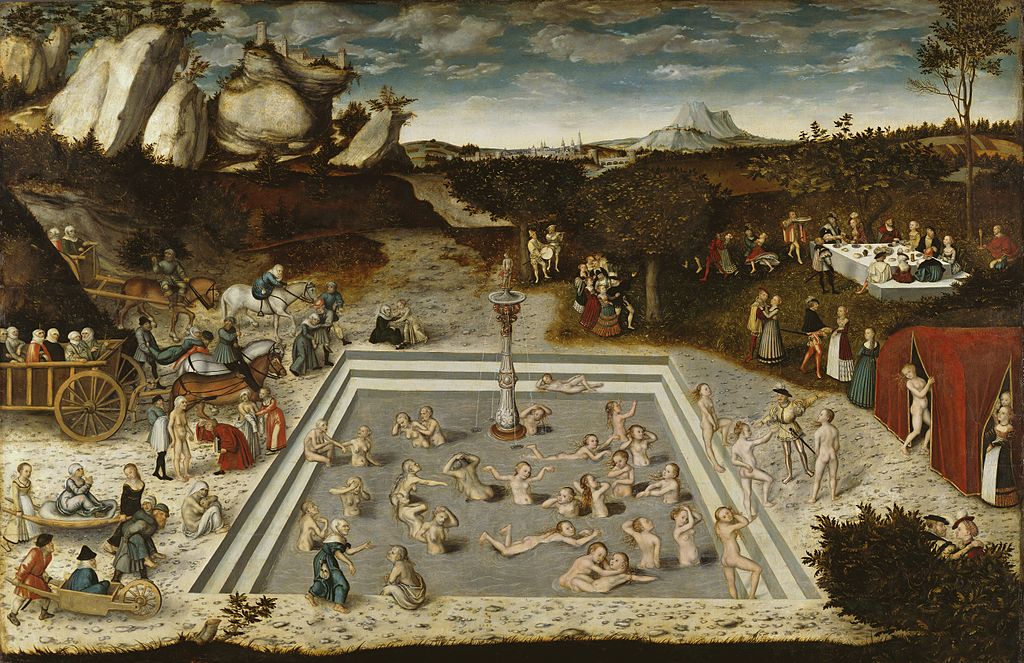Results for: cholesterol

Life Extension: Science or Pipe Dream?
Can a pill keep you young? Many pills, potions, spells, and lifestyles have been promoted as cures for aging, but so far none have worked out.
Red Meat: Is It Hazardous to Health?
Red meat consumption has been linked to diabetes, cardiovascular disease, and several types of cancer (breast, colorectal, stomach, bladder, prostate, and lymphoma). There are plausible mechanisms: meat is a source of carcinogens, iron that may increase oxidative damage, and saturated fat. But correlation and plausibility are not enough to establish causation. Is red meat really dangerous? If so, how great is the...
Rx, OTC, BTC – Wading into Pharmacy’s Alphabet Soup
Imagine you’re an FDA reviewer looking at a new drug application. Drug A relieves a symptom, but doesn’t cure any disease. It doesn’t conflict with other medications. It’s considered safe in pregnant and breastfeeding women. At normal doses, there are virtually no side effects. There’s one unfortunate problem: If you take ten times the dose, liver damage is very likely and may...
Less salt: it’s that simple
It has been known for decades that dietary sodium is significantly associated with hypertension and coronary heart disease. Despite this knowledge, Americans continue to consume more sodium, most of it coming from processed foods. Various approaches have been used to help individuals modify their behavior, one of the most popular of which is the DASH diet. Given what we know, you would...
The Water Cure: Another Example of Self Deception and the “Lone Genius”
A correspondent wrote: I hear all day long on my local radio station commercials for The Water Cure, which was created by a Dr. Batmangelli (I have no idea how to spell his name) promising wonderful cures by eliminating caffeine and alcohol and drinking water and sprinkling sea salt on your food. If you REALLY want to get cured even faster, swim...
James Ray and testosterone replacement therapy (TRT)
For the last four years I have served in a volunteer capacity among a panel of pharmacotherapy experts queried regularly by the ABC News Medical Unit about breaking or upcoming news involving the efficacy and safety of drugs and supplements. Where appropriate, I provide background information that informs the story. My incentive is largely to put my time where my mouth is...
Are the benefits of breastfeeding oversold?
As a mother, I am a passionate advocate of breastfeeding and I breastfed my four children. As a clinician, though, I need to be mindful not to counsel patients based on my personal preferences, but rather based on the scientific evidence. While breastfeeding has indisputable advantages, the medical advantages are quite small. Many current efforts to promote breastfeeding, while well meaning, overstate...
Evidence in Medicine: Experimental Studies
Several weeks ago I wrote the first in a brief series of posts discussing the different types of evidence used in medicine. In that post I discussed the role of correlation in determining cause and effect. In this post I will discuss the basic features of an experimental study, which can sere as a check-list in evaluating the quality of a clinical...
Cancer prevention: The forgotten stepchild of cancer research?
The New York Times has been periodically running a series about the “40 years’ war” on cancer, with most articles by Gina Kolata. I’ve touched on this series before, liking some parts of it, while others not so much. In particular, I criticized an article one article that I thought to be so misguided about how the NIH grant system leads researchers...

